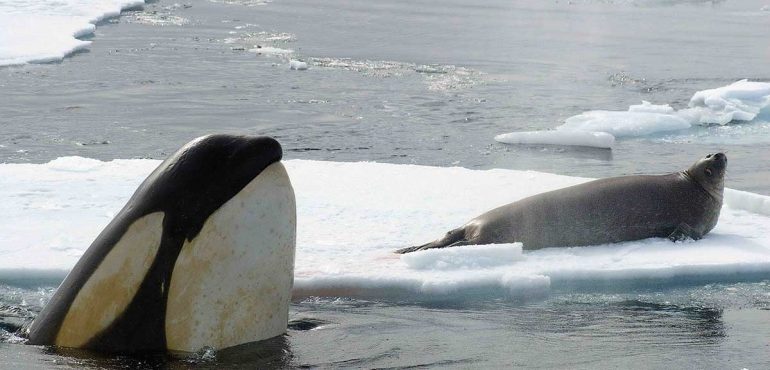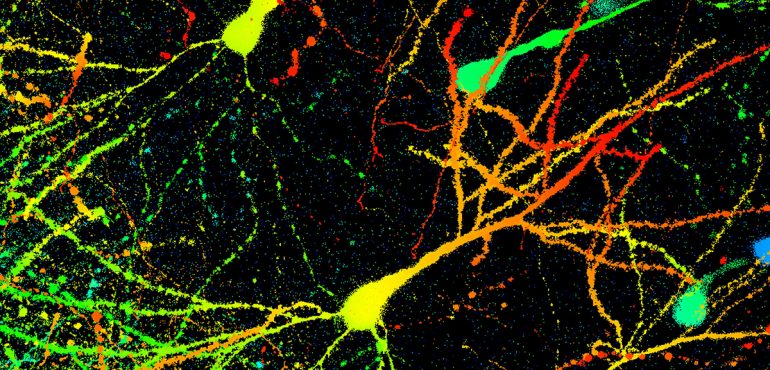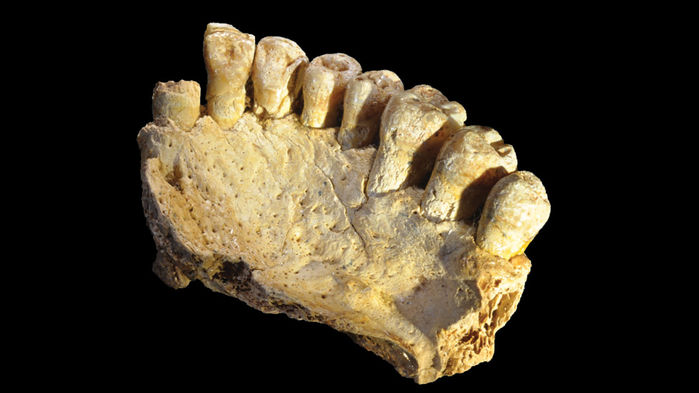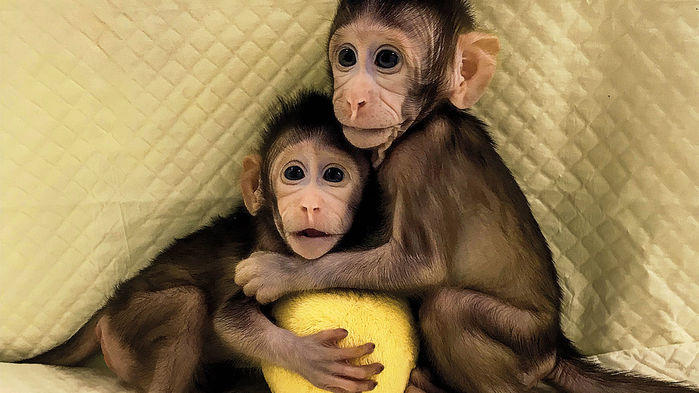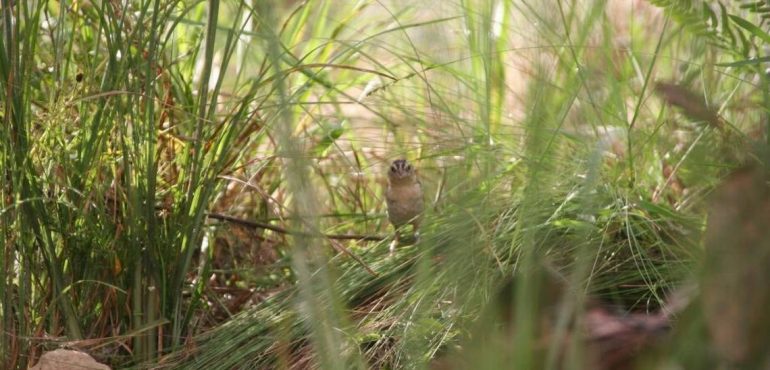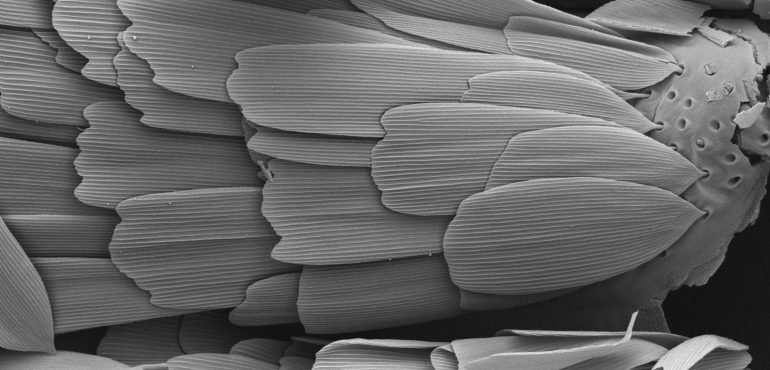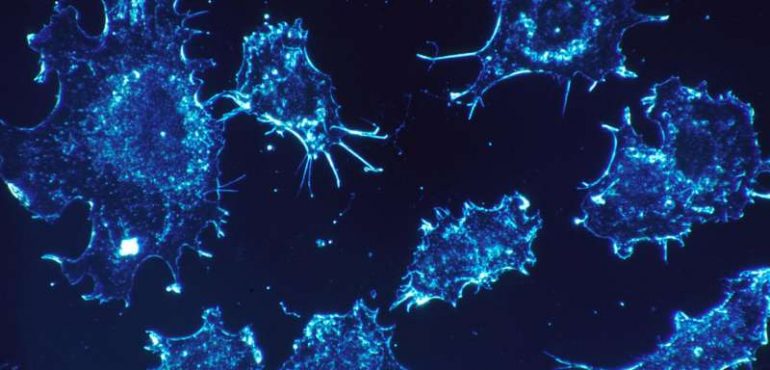You could call it a culture shock. Many researchers accept that cultural experiences have helped shape human evolution – and evidence has now emerged that the same may be true of killer whales. Human genomes have evolved in response to our cultural behaviours: a classic example is the way that some human populations gained genes for…
Read more
Orcas are first non-humans whose evolution is driven by culture
